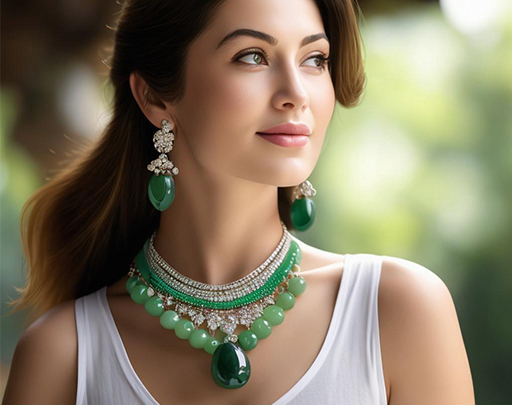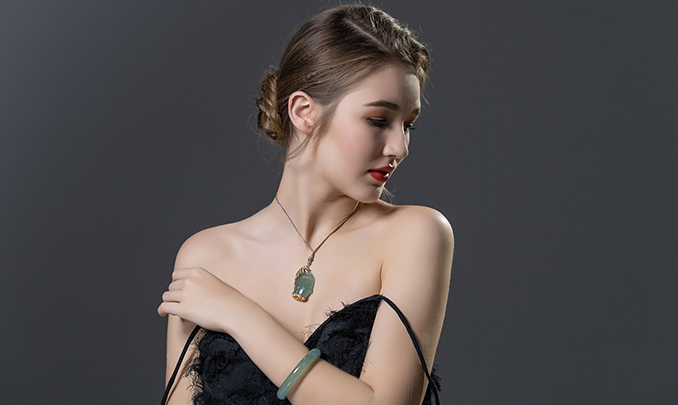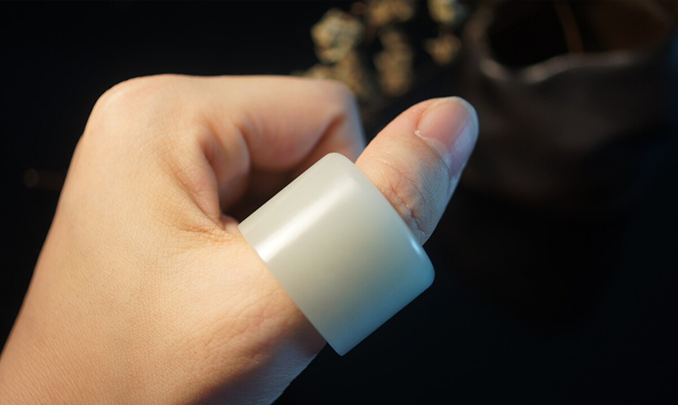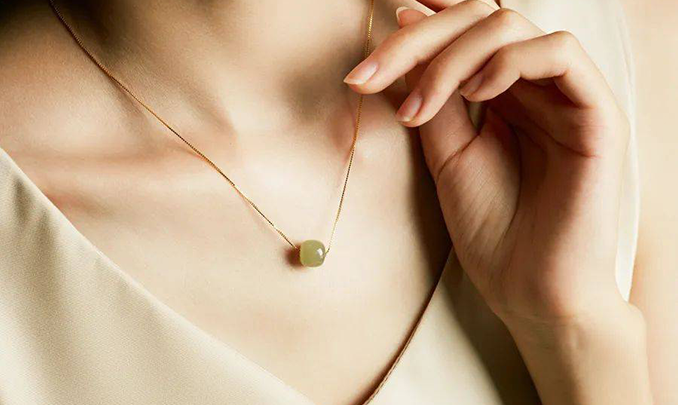
Who Should Not Wear Jade: The Limitations & Considerations
Jade, a beloved gemstone revered for its beauty and cultural significance, has been cherished for centuries. While many people enjoy wearing jade jewelry and accessories, it’s important to recognize that jade may not be suitable for everyone. In this article, we’ll explore the circumstances and individuals who should exercise caution or avoid wearing jade altogether.
Allergic Reactions and Skin Sensitivities
Some individuals may experience allergic reactions or skin sensitivities when wearing jade. Although jade itself is generally hypoallergenic, the metals used in settings or clasps can cause irritation. Those with known metal allergies, particularly to nickel, should be cautious when choosing jade jewelry. If you notice redness, itching, or swelling after wearing jade, it’s best to discontinue use and consult a dermatologist.

Occupational Hazards
People working in certain professions may need to avoid wearing jade jewelry for safety reasons. This includes:
Healthcare workers: Jade bangles or loose bracelets can harbor bacteria and interfere with proper hand hygiene protocols.
Construction workers: Loose jade jewelry can pose a safety risk around heavy machinery or power tools.
Athletes: During high-impact sports or activities, jade jewelry may cause injury or get damaged.
Cultural and Spiritual Considerations
In some cultures, there are specific beliefs about who should or shouldn’t wear jade:
1.Pregnant women: In certain Asian cultures, it’s believed that pregnant women should avoid wearing jade, as it may affect the baby’s energy.
2.People in mourning: Some traditions suggest avoiding jade during periods of mourning out of respect for the deceased.
3.Those with conflicting zodiac signs: In Chinese astrology, jade may not be compatible with certain zodiac signs, potentially bringing bad luck.
It’s important to respect these cultural beliefs if they apply to you or if you’re visiting a place where such traditions are observed.
Quality and Authenticity Concerns
Not all jade is created equal, and wearing low-quality or fake jade can have negative consequences:
Dyed or treated jade: Some low-quality jade is treated with chemicals or dyes that can leach onto the skin or cause irritation.
Fake jade: Wearing imitation jade made from materials like plastic or glass doesn’t provide the same energetic benefits associated with genuine jade.
Damaged jade: Cracked or chipped jade is believed by some to bring bad luck and should be avoided.
If you’re unsure about the quality or authenticity of your jade, it’s best to have it assessed by a reputable jeweler before wearing it.
Personal Energy and Beliefs
Some people believe that jade carries strong energy, which may not be suitable for everyone:
Highly sensitive individuals: Those who are particularly sensitive to energies may find jade overwhelming.

People seeking grounding: If you’re working on grounding yourself, the high-vibrational energy of jade might be counterproductive.
Those with conflicting energy practices: If you’re practicing energy work or following a specific spiritual path, jade may not align with your current goals.
Certain lifestyle choices may make wearing jade impractical or inadvisable
Frequent travelers: Valuable jade jewelry can be a target for theft or may get lost during travel.
Those with active lifestyles: Jade can be damaged by sweat, chemicals, or impact, making it unsuitable for very active individuals.
People with certain hobbies: Activities like gardening, painting, or working with harsh chemicals can damage jade.

Conclusion
While jade is a beautiful and culturally significant gemstone, it’s not suitable for everyone. By considering factors such as allergies, occupation, cultural beliefs, quality concerns, personal energy, and lifestyle, you can make an informed decision about whether wearing jade is right for you. If you decide that jade isn’t suitable, there are many alternative gemstones and materials that can provide similar aesthetic or spiritual benefits. Always prioritize your health, safety, and personal beliefs when choosing jewelry and accessories.
